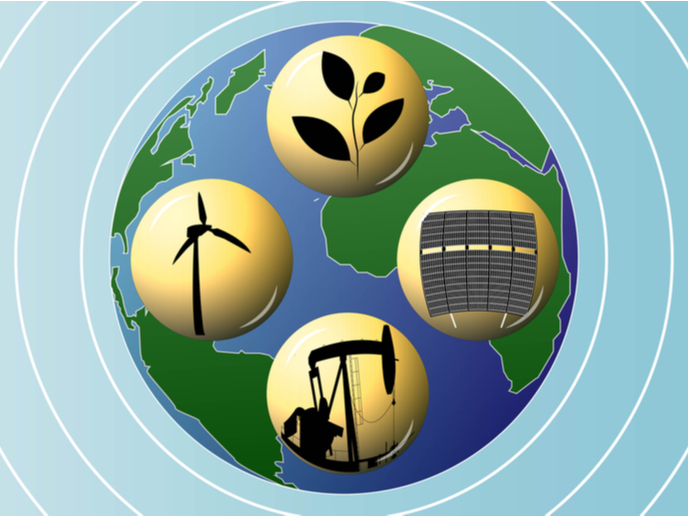Developing renewable energy sources in Africa
The EU-funded LEAP-RE project has announced its intention to fund 13 new research and innovation projects in Africa in the field of renewable energy. These cutting-edge projects are in addition to the eight renewable energy projects LEAP-RE is already developing on the continent. Through these projects, LEAP-RE is contributing to efforts to address two of Africa’s biggest challenges: climate change and the need for electrification. “The stakes are high,” declares a press release(opens in new window) posted on the LEAP-RE website, and the data support this statement. Although Africa made up over 16 % of the world population in 2017, it used only 5 % of global primary energy. Furthermore, between 70 % and 80 % of energy used in the African Union is generated from traditional biomass, even though the continent is rich in both fossil and renewable energy sources. “However, energy access remains the main issue, with an average electrification rate of 35 % in sub-Saharan Africa,” reports the press release. The 13 projects were selected from 124 applications submitted by companies, non-profit associations, research labs and foundations from 38 African and European countries. “During the selection process, applicants explained how much funds they would be needing in order to complete the projects and the amount they will receive is based on that,” states LEAP-RE’s head of external research funding and capacity building François Moisan of French research funding agency Agence nationale de la recherche in a news item(opens in new window) published in the online power journal ‘ESI Africa’.
Addressing different energy challenges
The selected projects each address one of six thematic areas: renewable energy resources, mapping and modelling; end‐of‐life and second‐life management of renewable energy components; clean cooking and biomass transformation; new renewable energy resources for Africa; new, more efficient photovoltaic cells and components; and productive uses and new applications of solar energy. The projects bring together 83 partners from 8 European countries (Belgium, Finland, France, Germany, Portugal, Romania, Spain and the United Kingdom) and 9 African countries (Algeria, Egypt, Ethiopia, Morocco, Mozambique, Nigeria, South Africa, Togo and Tunisia). An estimated EUR 10.35 million in funding will be awarded to the 13 projects. The funding duration will depend on each project’s activities and needs, and will run for 18 to 36 months. As indicated in the ‘ESI Africa’ news item, LEAP-RE will monitor the projects throughout their duration. “They will benefit from communication support and clustering activities with other projects that are active in the field of renewable energy,” observes Moisan. Moisan comments on the selected projects’ future prospects: “Success [of the projects] will be measured based on the research results on the projects. If successful some projects might lead to the creation of start-ups, others will be the base for future research projects, building on their findings.” The LEAP-RE (Long-Term Joint EU-AU Research and Innovation Partnership on Renewable Energy) project runs until the end of 2025. For more information, please see: LEAP-RE project website(opens in new window)



